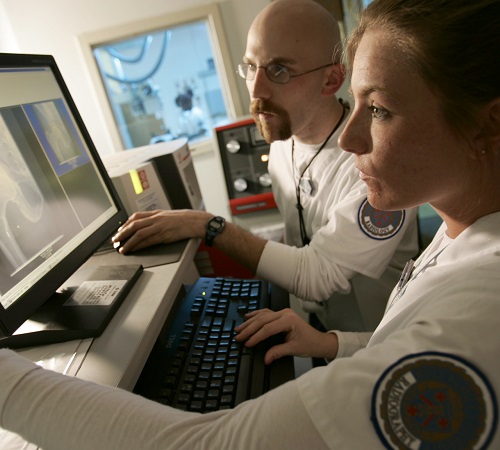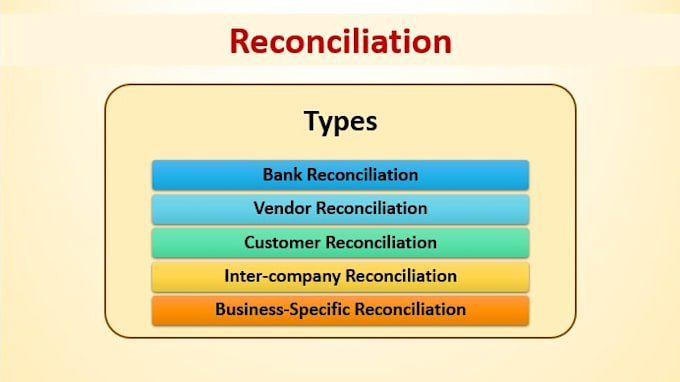Life Science Consulting: A Comprehensive Guide for Industry Professionals
Understand life science consulting
Life science consulting represent a specialized branch of management consulting that focus entirely on serve pharmaceutical, biotechnology, medical device, and healthcare organizations. These consultants provide strategic guidance, technical expertise, and operational support to help life science companies navigate complex challenges, accelerate growth, and maintain regulatory compliance.
Unlike general management consulting, life science consultants possess deep industry knowledge and scientific backgrounds that enable them to address the unique demands of an industry where scientific innovation, regulatory scrutiny, and patient outcomes converge.
Core services offer by life science consultants
Strategic planning and business development
Life science consultants help companies define their long term vision and create actionable roadmaps for success. This includes:
- Portfolio optimization and prioritization
- Market entry strategies for new therapeutic areas
- Merger and acquisition target identification and due diligence
- Licensing and partnership opportunity assessment
- Competitive intelligence and landscape analysis
These services prove peculiarly valuable during periods of organizational transformation or when companies seek to expand their footprint in new markets or therapeutic areas.
Research and development optimization
With R&D costs continually rise, consultants help streamline research processes and maximize return on investment through:
- Clinical trial design and optimization
- Research productivity enhancement
- Technology platform evaluation
- Pipeline prioritization and risk assessment
- R&D organizational restructuring
These interventions help companies allocate resources more efficaciously and increase the probability of bring successful therapies to market.
Regulatory affairs and compliance
Navigate the complex regulatory landscape represent one of the virtually challenging aspects of the life sciences industry. Consultants provide:
- Regulatory strategy development
- Submission preparation and management
- Quality management system implementation
- Compliance gap analysis and remediation
- Regulatory agency interaction preparation
This expertise help companies avoid costly delays and ensure products meet stringent regulatory requirements across global markets.
Commercial strategy and market access
Bring products successfully to market require sophisticated commercial planning. Life science consultants assist with:
- Pricing and reimbursement strategy
- Value proposition development
- Health economic modeling and outcomes research
- Launch readiness assessment and planning
- Sales force effectiveness and optimization
These services help maximize product adoption and commercial success in progressively competitive markets.
Digital transformation and technology integration
As life science companies embrace digital technologies, consultants provide guidance on:

Source: nordicbusiness. Media
- Digital health strategy development
- Data analytics and real world evidence utilization
- Ai and machine learn implementation
- Digital clinical trial solutions
- Technology vendor selection and integration
This support help organizations leverage emerge technologies to drive innovation and operational efficiency.
Types of life science consulting firms
Global strategy consulting firms
Major strategy consulting firms like McKinsey, BCG, and Bain maintain dedicated life sciences practices staff with industry specialists. These firms typically focus on high level strategic initiatives, organizational transformation, and large scale change management. Their engagements frequently involve c suite executives and board level decision-making.
Specialized life science consultancies
Boutique firms like Clearview healthcare partners, trinity life sciences, and Putnam associates focus solely on life sciences. These specialized consultancies offer deep technical expertise and oftentimes employ consultants with advanced scientific degrees and industry experience. They typically provide more targeted services in specific therapeutic areas or functional domains.
Big four professional services firms
Deloitte, a, kKPMG and pPWCmaintain substantial life sciences practices that combine strategy consulting with implementation support, technology services, and risk management. These firms excel at complex, multi faceted engagements require diverse skill sets and global reach.
Scientific and regulatory specialists
Firms like parcel, ppharma lex and proforma group specialize in regulatory affairs, clinical development, and quality compliance. These consultancies employ former regulatory agency officials and scientific experts who provide extremely technical guidance on product development and regulatory strategy.
Career paths in life science consulting
Educational background and qualifications
Life science consultants typically possess advanced degrees in relevant fields:
- Ph.D. in biological sciences, pharmacology, or related disciplines
- Md or farm degrees for clinical and medical affairs roles
- MBA with life sciences focus for commercial and strategy positions
- Advanced degrees in biostatistics or health economics for specialized roles
Many consultants combine scientific credentials with business acumen, make them valuable advisors who understand both the technical and commercial aspects of the industry.
Career progression
A typical career path in life science consulting follows this progression:
- Analyst / associate: Entry level positions focus on research, data analysis, and support project workstream
- Consultant: Lead specific project components and client interactions
- Manager / project leader: Manage entire engagements and small teams
- Principal / director: Oversee multiple projects and develop client relationships
- Partner / managing director: Responsible for practice leadership, business development, and firm strategy
Advancement typically requires demonstrate both technical expertise and client management skills. Many consultants finally transition to industry roles, leverage their consulting experience to secure leadership positions in pharmaceutical or biotechnology companies.
Industry trends shaping life science consulting
Precision medicine and advanced therapies
The rise of personalized medicine, cell and gene therapies, and target treatments has created demand for specialized consulting services. Consultants forthwith help companies navigate complex development pathways, novel manufacturing challenges, and unique commercialization models for these innovative therapies.
Real world evidence and data analytics
As regulatory agencies progressively accept real world evidence to support approval decisions and payers demand outcomes data, consultants have developed expertise in data strategy, evidence generation planning, and advanced analytics to help clients leverage diverse data sources efficaciously.

Source: eradigm.com
Value base healthcare models
The shift toward value base care has transformed how life science products demonstrate worth. Consultants nowadays specialize in develop innovative pricing models, outcomes base contracts, and health economic frameworks that align with evolve payer expectations.
Digital health integration
The convergence of traditional pharmaceuticals with digital technologies has created new consulting opportunities focus on digital therapeutic development, companion app strategies, and technology enable clinical trials.
Regulatory harmonization and complexity
While regulatory frameworks progressively align across major markets, navigate global requirements remain challenge. Consultants provide valuable support in develop integrate regulatory strategies that maximize efficiency while address market specific requirements.
Select the right life science consulting partner
Criteria for evaluation
When select a consulting partner, life science organizations should consider:
- Therapeutic area expertise: Experience in specific disease areas or treatment modalities relevant to the client’s portfolio
- Functional capabilities: Depth of expertise in require service areas (regulatory, commercial, rR&D etc. )
- Industry network: Connections with key opinion leaders, regulatory officials, and industry executives
- Global reach: Ability to support initiatives across relevant geographic markets
- Cultural fit: Alignment with the client organization’s work style and values
The near successful consulting relationships match specific client need with consultants who bring relevant experience and capabilities.
Engagement models
Life science consulting engagements typically follow several models:
- Project base: Define scope, timeline, and deliverables for specific initiatives
- Retainer: Ongoing advisory relationships with dedicated consultant time
- Embed resources: Consultants work within client teams to supplement capabilities
- Capability building: Knowledge transfer engagements design to develop internal client expertise
Organizations oftentimes begin with target projects before develop deeper consulting partnerships as trust and value are demonstrated.
Measure consulting impact
Effective life science consulting engagements deliver measurable value through:
- Accelerated timelines: Faster regulatory approvals, product launches, or organizational changes
- Risk reduction: Lower probability of regulatory setbacks or commercial failures
- Financial performance: Improved revenue, profitability, or capital efficiency
- Capability development: Enhanced internal expertise and organizational effectiveness
- Strategic clarity: Advantageously inform decision-making and resource allocation
Lead organizations establish clear success metrics at the outset of consult engagements and strictly track outcomes to ensure return on consult investment.
Future outlook for life science consulting
The life science consulting sector continue to evolve in response to industry dynamics:
- Increase specialization: Grow demand for consultants with expertise in emerge therapeutic modalities and technologies
- Hybrid service models: Blend strategic advice with technology implementation and manage services
- Global market expansion: Grow opportunities in emerge markets as life science innovation become more geographically diverse
- Technology enable consulting: Integration of AI, predictive analytics, and digital collaboration tools into consult methodologies
As the life sciences industry will continue to will transform healthcare delivery and patient outcomes, the role of specialized consultants will remain essential in will help organizations will navigate complexity and drive innovation.
Conclusion
Life science consulting represent a vital support system for an industry characterize by scientific complexity, regulatory scrutiny, and rapid innovation. By provide specialized expertise across the product lifecycle, consultants help pharmaceutical, biotechnology, and medical device companies bring life change therapies to patients more expeditiously and efficaciously.
For organizations navigate the challenges of drug development, regulatory approval, or commercial success, the right consulting partnership can provide critical insights, accelerate progress, and enhance competitive positioning in a progressively complex global marketplace.



